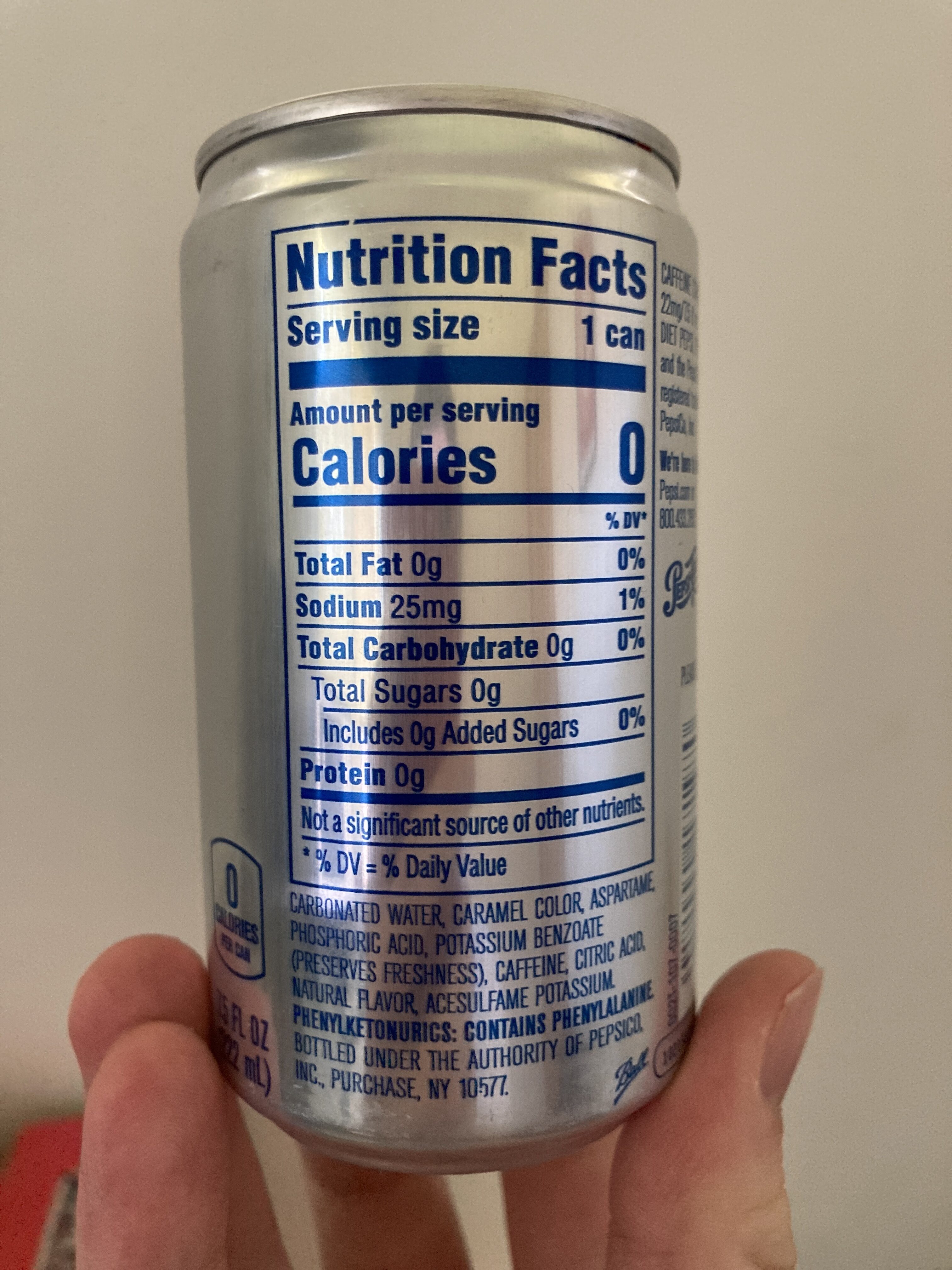Understanding the Health Benefits of Soybean Oil
Soybean oil has garnered considerable attention in the culinary world, particularly as we approach 2025 with increasing awareness of health and nutrition. As a versatile cooking oil, it brings a variety of health benefits, primarily due to its unique nutrient composition and fatty acid profile. While many consider using healthy cooking oils for their meals, the push towards adopting soybean oil is rising, especially for health-conscious consumers looking to enrich their diets.
This article delves into the nutritional value of soybean oil, its myriad uses, and the research-backed health benefits it offers. We’ll explore how soybean oil compares to other popular cooking oils like olive oil and canola oil, its impacts on heart health, cholesterol levels, and more. Throughout, you'll find practical advice on integrating soybean oil into your cooking routines, enhancing both nutrition and flavor in your dishes.
Key takeaways include insights into soybean oil's nutritional properties, its role in promoting heart health, and practical culinary applications for everyday cooking.
Exploring the Nutritional Value of Soybean Oil
Building on the understanding of soybean oil's health benefits, let's delve deeper into its nutritional profile. Soybean oil is rich in essential fatty acids, particularly omega-3 and omega-6 fatty acids, which are crucial for maintaining overall health. Comprehensive studies have shown that these fatty acids can influence fat metabolism and promote various health benefits.
When comparing the nutritional makeup of soybean oil against other oils, it's essential to note its relatively high smoke point, making it suitable for frying and sautéing, capturing the essence of flavor without compromising health. In fact, soybean oil contains a high percentage of polyunsaturated fats, which research shows may help lower bad cholesterol levels.
Fatty Acid Composition
One of the standout features of soybean oil is its fatty acid composition. Approximately 58% of the fat in soybean oil is polyunsaturated, while around 24% is monounsaturated. It contains a balanced ratio of omega-3 and omega-6 fatty acids, which are critical for the body as they help manage inflammation and support heart health. Regular consumption of soybean oil can enhance metabolic functions and even assist in weight management.
Vitamins and Antioxidants in Soybean Oil
Soybean oil is not just a source of fatty acids; it is also packed with vitamins such as vitamin E and K. Vitamin E acts as a powerful antioxidant, helping to combat oxidative stress in the body. Antioxidants are vital in reducing the risk of chronic diseases, including heart disease and certain cancers, making soybean oil a prudent choice for health-focused cooking.
Benefits of Cooking with Soybean Oil
With these nutritional insights established, we can now look at how to effectively incorporate soybean oil into our kitchens. Its versatile nature makes it an ideal cooking oil for various methods including frying, baking, and salad dressings. Additionally, many chefs prefer using soybean oil due to its light flavor profile that does not overpower other ingredients.
When frying, for example, soybean oil's high smoke point allows for better performance without the risk of breakdown that other oils might face. This makes it also a favorable choice for making crispy, delicious fried foods that retain their healthy aspects.
Cooking Techniques Using Soybean Oil
There are several cooking techniques in which soybean oil excels. When implementing it in fried dishes, it ensures a crunchy texture while keeping the dish light. Its properties make it perfect for not only frying but also for sautéing vegetables and preparing stir-fries.
Combining Soybean Oil with Other Ingredients
Utilizing soybean oil in salad dressings can elevate flavors and provide a nutrient boost. By mixing it with vinegar or citrus juices, you can create a tasty dressing that not only enhances salads but also contributes positively to your daily intake of vitamins and healthy fats.
Health Risks and Considerations
While the health benefits of soybean oil are significant, it's also important to consider potential health risks. Overconsumption of any oil may lead to excessive calorie intake, contributing to weight gain. Additionally, there are debates surrounding the production of soybean oil and health implications associated with refined oils, making mindful consumption crucial.
Soybean Oil and Heart Health
This naturally leads us to the impact of soybean oil on heart health. Emerging research highlights the connection between soybean oil consumption and cardiovascular health, primarily due to its favorable fatty acid composition. Regular inclusion of soybean oil in a balanced diet may support heart health by managing cholesterol levels and reducing triglycerides.
Soybean Oil's Effect on Cholesterol Levels
Soybean oil is known to positively impact cholesterol levels, primarily by lowering LDL cholesterol (the 'bad' cholesterol) and raising HDL cholesterol (the 'good' cholesterol). Studies have indicated that consuming oils high in polyunsaturated fats, such as soybean oil, contributes to this beneficial effect.
Inflammation and Soybean Oil
Chronic inflammation is linked to many heart diseases, making healthy fat choices essential for managing inflammation levels within the body. The anti-inflammatory properties of the omega-3 fatty acids found in soybean oil can provide protective effects against such conditions.
Using Soybean Oil in Recipes
As we analyze the culinary applications of soybean oil, its adaptability shines through, making it a must-have in the kitchen. From simple meal preparations to complex gourmet dishes, soybean oil can be seamlessly integrated.
When it comes to baking, soybean oil serves as a fantastic alternative to butter or other oils. It provides moisture and keeps baked goods tender without the additional saturated fats. Recipes incorporating soybean oil are abundant and range from fluffy muffins to moist cakes.
Popular Soybean Oil Recipes
Some popular recipes utilizing soybean oil include pancake batters, marinades for grilled meats, and even vegan mayonnaise. These dishes highlight the versatility and health benefits of soybean oil which can significantly enhance the nutritional quality of traditional recipes.
Diverse Uses Beyond Cooking
Soybean oil isn't limited to cooking; it's also finding its niche in skincare and haircare, showcasing its beneficial properties. Its emollient characteristics make it ideal for moisturizing skin and enhancing hair health, acting as a natural conditioner.
Conclusion: The Case for Soybean Oil in 2025 and Beyond
In conclusion, the health benefits of soybean oil, coupled with its nutritional attributes and culinary applications, position it as a valuable addition to modern diets. Whether used for frying, baking, or as an ingredient in dressings, it offers an array of options that align with health-conscious choices.
As we continue to explore sustainable cooking oils and their impacts, soybean oil stands out as a nutritious and environmentally responsible choice. Making informed decisions regarding oil consumption is now more crucial than ever for enhancing health and promoting overall well-being.

 ```
``` 